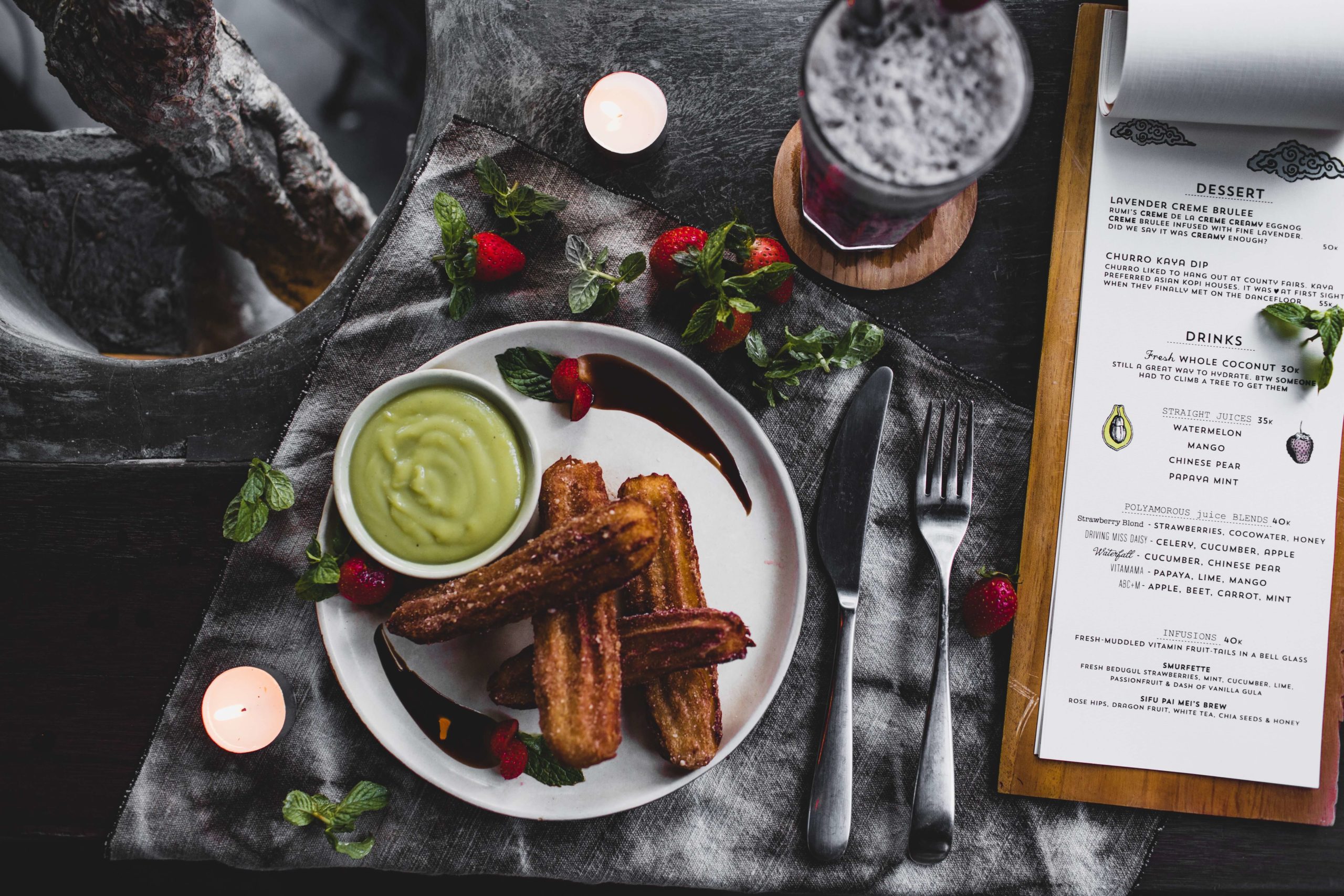
- Products
- Solutions
- Learn
- Partner
- Try Now
The GST Council, which is headed by the Union Finance Minister and includes representatives from all states and Union territories, has approved a proposal to make food delivery platforms like Zomato and Swiggy responsible for collecting and depositing the 5% GST (Goods and Services Tax) applicable to food with the government, effective January 1, 2022. Finance Minister Nirmala Sitharaman made the announcement on Friday, 17 September, after the meeting of the GST Council in Lucknow. To make tax administration easier, the Council has taken this decision.
- What happens once it comes into effect?
- What does it mean for customers?
- How does it have a huge impact on restaurants and food delivery apps?
- How to overcome this influencing decision?
What happens once it comes into effect?
Currently, if a customer orders food, for example, from Restaurant ‘A’ using Swiggy or Zomato, the food delivery platform collects the 5% tax on food from the customer and passes it on to the restaurant. However, the government believes several restaurants have not deposited their taxes even though they experienced high turnover. Accordingly, beginning January 1, 2022, food delivery apps will collect the tax on behalf of restaurants and deposit it on their behalf. Consequently, restaurants will also need to register themselves, just as e-commerce sellers do.
In its 45th meeting, the GST council also pegged on the need to bring delivery services under taxation. But it determined that since the customer does not directly avail of the services of a delivery agent, nor do they have the choice of which delivery agent services or delivers them, the responsibility for paying the tax on delivery services will lie with the food delivery apps.
What does it mean for customers?
Revenue Secretary Tarun Bajaj has stated that customers will not be adversely affected by this change. According to him, no new taxes are being levied, but the GST collection point is being moved. The customers will continue to pay the 5% rate on the food they order online.
How does it have a huge impact on restaurants and food delivery apps?
It seems likely that the most significant impact will be on smaller restaurants and cloud kitchens, particularly those with an annual turnover of less than INR 20 lakhs, since they weren’t previously included in the GST net. Combined with the responsibility for collecting taxes resting with the aggregator, these smaller restaurants will also be required to pay taxes.
Restaurants, however, will have an added compliance burden as they will have to keep two separate books of account: one for the regular business they do, and a second for the part they do with Zomato or Swiggy. In addition, this will also increase the burdens on the aggregators for collecting and accounting for taxes on behalf of the restaurants. Moreover, the switch could create confusion over the application of input tax credits, for which food aggregators are likely to ask for clarifications.
In Tarun Bajaj’s view, the decision was made to prevent “revenue leakage” by unregistered restaurants. According to the analysis of tax returns filed by food delivery apps and a few Haryana restaurant services, there is a large gap in taxable turnover for suppliers, seemingly indicative of tax evasion among some restaurants. In the study, the TCS deducted by a delivery app was more than the turnover revealed by these suppliers.
How to overcome this influencing decision?
Are you a small restaurant? Do you own a cloud kitchen? Worried about the GST Council’s decision on tax application? We understand all your questions and we come along with the supporting answers too.
If you’re a small food business, restaurant, cloud kitchen, or food store, you have the power to grow your business by yourself. Why be dependent and pay high commissions to the aggregators, and now these taxes as well? Trust us, you don’t have to bear so much to expand your food ventures. Wondering how?
Yelo is a solution to all your problems. Since today is a generation of D2C, your small food business can rise to heights through this no-code platform, that helps you connect your customers directly to your brand. Clearly, no commissions and no taxes to be paid to anyone. Moreover, you need not wait for months to get started. Just a couple of hours and days are all it will take. The platform provides businesses with customer and delivery agent apps along with an intelligent admin dashboard. Not just D2C, if you wish to create your own hyperlocal food delivery platform just like Zomato or Swiggy, we support those requirements too, end-to-end. Even the customizations you might need for your own food ordering system are supported.
Build your own brand and become known for it, instead of growing under other aggregators like Zomato or Swiggy. Don’t hesitate and decay time thinking. Just hop on a free 14-day trial for Yelo and get started with the business model of your choice.

Subscribe to stay ahead with the latest updates and entrepreneurial insights!

Subscribe to our newsletter
Get access to the latest industry & product insights.





















